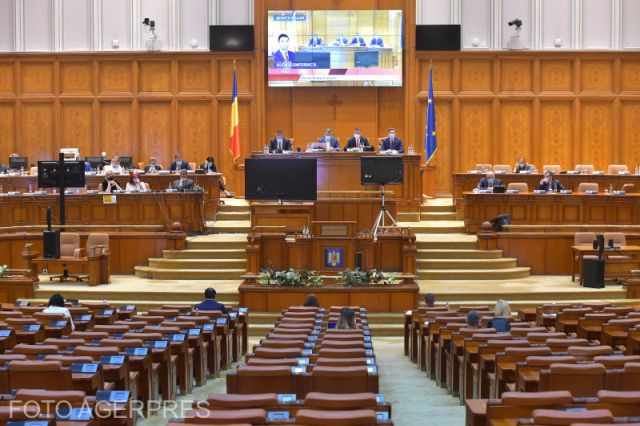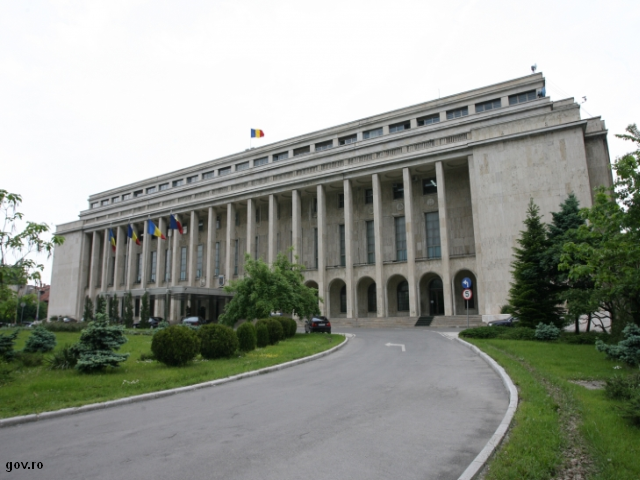Covid-19 Ro — Another 250 cases of corona infection were reported in Romania on Monday, taking the total number of Covid-19 contaminations to 29.233. 21,413 of them have been discharged from hospital and 227 are in intensive care. 1,768 deaths from coronavirus infection have been reported. The health minister Nelu Tataru has announced that the draft law aimed at harmonizing the requirements of the Constitutional Court – CC on the quarantining and isolation of contaminated people is ready and will be on the agenda of today’s government meeting. According to him, the new bill observes the Court recommendations and explains some medical terminology. The judges of the CC have said that compulsory isolation, quarantining and hospitalization cannot be regulated through a government order. The health minister has called on the population to observe the rules and on the medical staff to better explain to patients how the new virus affects them. He added that postponing the new relaxation measures was caused by the high number of corona cases reported in the past 3 weeks.
Covid-19 world — The coronavirus pandemic has killed at least 536 thousand people around the world since its outbreak in China, in December, according to worldometers.info. At least 11.5 million cases of contamination have been registered, with 6.5 million patients having recovered. The US is the most affected country with 132 thousand deaths and almost 3 million cases of contamination. The number of contaminations continues to grow across Latin America, especially in Brazil. In Europe, the most affected countries are the UK, Italy, France and Spain. Greece has announced today that it will close the border with Serbia due to the increasing number of cases on the Serbian territory.
Parliament – The Romanian PM Ludovic Orban is going today before the Chamber of Deputies to answer accusations regarding the purchase of face masks made by the state-owned company UNIFARM during the state of emergency. He will have to explain the relationship between the Liberal government and the suspended manager of UNIFARM, Adrian Ionel, who has been accused by anti-corruption prosecutors of bribe taking. The opposition Social Democratic Party, which has the majority in Parliament, wants to find out if the extension of the state of alert was asked by the Government, so as to justify their measure of obliging people to wear masks and implicitly the sale of many such masks at very high prices. The PM denies holding information on the illegal procedures undertaken at UNIFARM. The PM will also be invited at the hearings in the parliamentary committee investigating purchases made during the state of emergency.
Baccalaureate — 141 high school graduates from Romania have registered for the special session of the Baccalaureate exam which started on Monday in Romania. Sitting for the Baccalaureate exam in this special session are pupils who could not attend the regular session due to medical problems. The last exam of the Baccalaureate session is scheduled for Thursday and the first results will be published on Friday. 64.5% of the pupils who took the Baccalaureate exam in the June-July session have passed.
Rome – The Italian composer Ennio Moricone has died at 91, news agencies reported on Monday. He wrote the soundtrack for hudnresa of films and TV productions and became famous in the 1960s following his partnership with director Sergio Leone known as the inventor of the ‘spaghetti western’ genre. The Italian political class has paid homage to the artist who won the Oscar Awards in 2007 and 2016. (tr. L. Simion)






